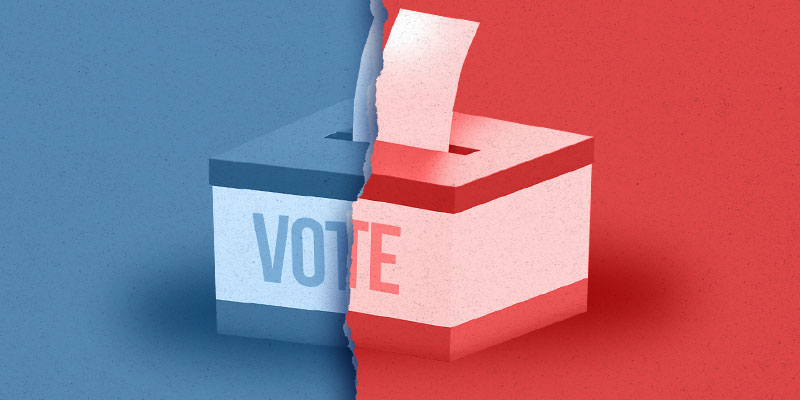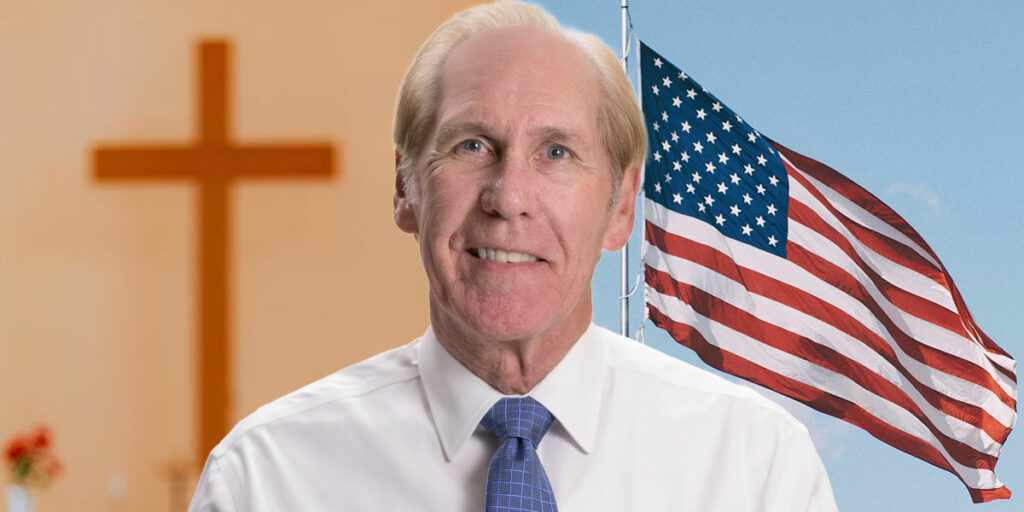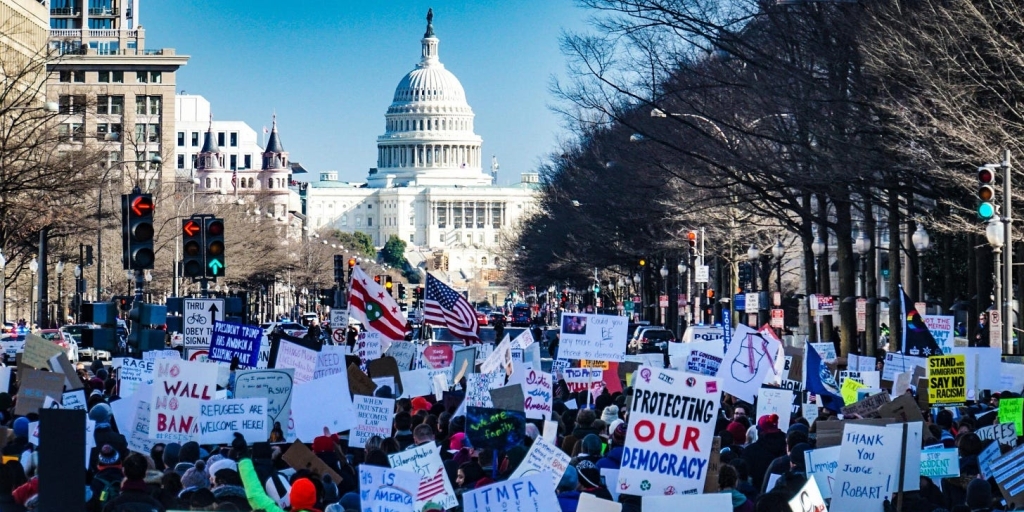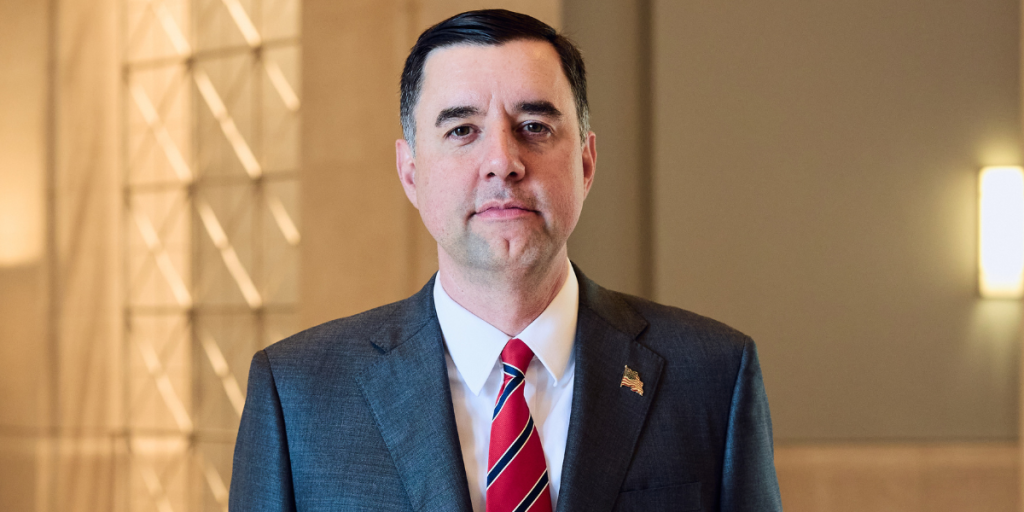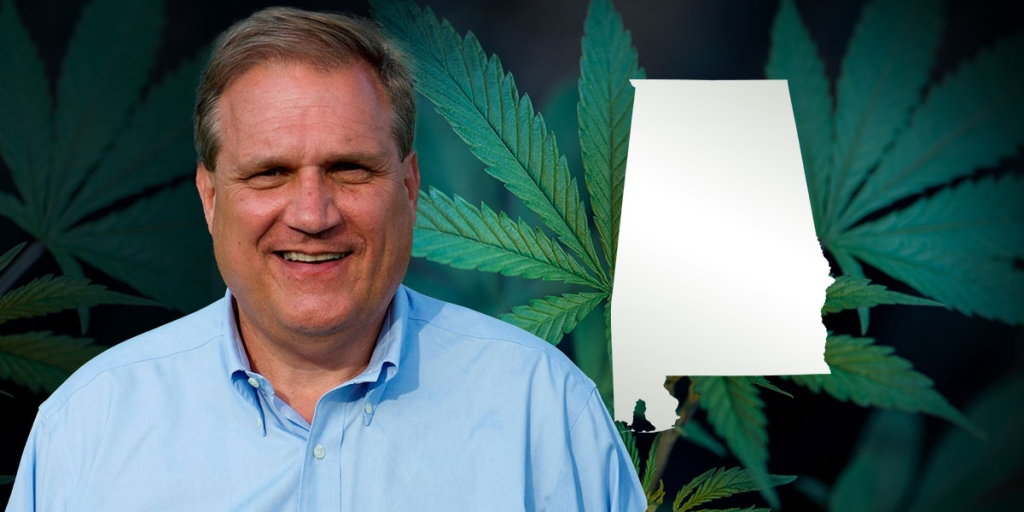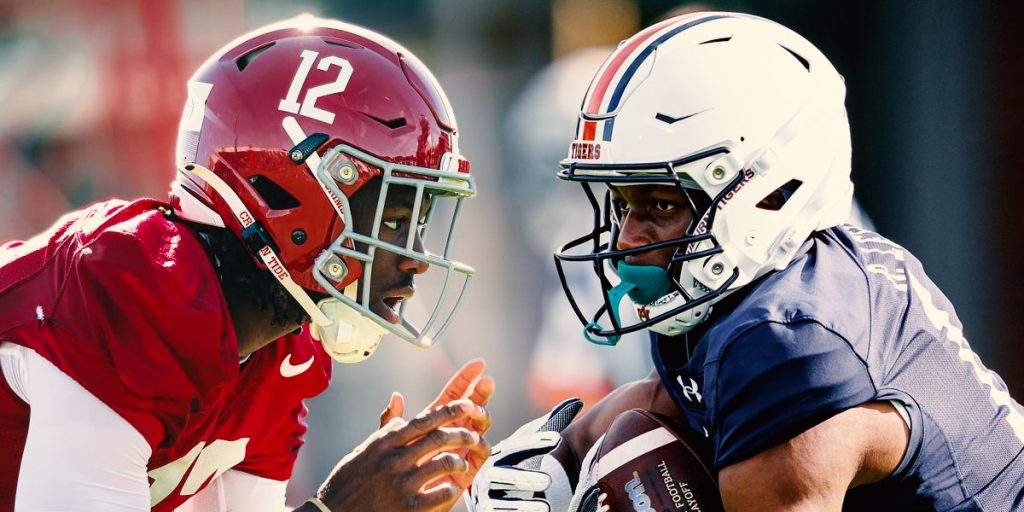Each side in the recent presidential campaign accused the other of not only promoting ill-advised policies but threatening democracy. While perhaps just campaign hyperbole, let’s consider who might oppose democracy based on their views and values.
Losing candidates to start. They may contend that voters failed to fully comprehend the issues at stake. But because people incur significant personal costs running for office, I do not mind if they deflect blame.
America’s Founders were skeptical of democracy. Benjamin Franklin remarked after the Constitutional Convention that the Founders established a republic, not a democracy. The Founders feared democracy degenerating into mob rule and believed that people were free only if government could not violate their rights. The Constitution employed several forms of indirect democracy, including the Electoral College and selection of senators by states.
Libertarians also question democracy, as illustrated by Robert Nozick in “Anarchy, State, and Utopia.” Some of this skepticism echoes the Founders’ emphasis on limits on government over how government as more significant than elections. It also reflects the nearly zero probability of casting a decisive vote in an election of any size.
The evolution of liberal democracy has addressed some of the Founders’ concerns. A liberal government is not permitted to violate citizens’ fundamental rights regardless of the size of its majority. Nor can a minority’s voting rights be compromised.
Would-be authoritarians also oppose democracy. Institutionalized elections offer the best assurance that government serves the people, not the other way around. Elections become institutionalized when everybody expects them to be held on schedule and the results enforced. Citizens normally vote would-be tyrants out of office, deterring most authoritarian impulses.
Georgetown’s Jason Brennan contends that paternalists will also oppose democracy. He argues in a paper with Christopher Frieman that those who believe people make poor market decisions will logically oppose letting them vote.
Market decisions, like choosing between mangoes or yogurt, are relatively easy, and we can learn our preferences via samples of each. Voters must assess how proposed policies will work, which depends on how the economy works. Depending on how you believe markets work, a $20 minimum wage could be good or bad policy. Voters need expertise in subjects like economics to distinguish beneficial and harmful policies.
Next, voters must infer which policies politicians will implement if elected or assess the credibility of campaign promises. Donald Trump says, for instance, that he will not enact a nationwide abortion ban if elected. Does he mean it as he says this today? Presuming he does, will Mr. Trump defy many of his supporters if elected? Such questions are indeed very difficult.
Consider next these choices’ impact. Grocery store decisions impact only the shopper; buying mangoes you dislike makes only you worse off. Election day mistakes could determine the next president.
Paternalists wanting to make grocery store decisions will not tolerate these same individuals electing Mr. Trump.
Intellectuals, which include opinion leaders, professors, and high-level bureaucrats, are overwhelmingly elitist paternalists. Following Hillary Clinton’s formulation, many view other Americans as deplorables. For more on such attitudes, check out Unleash Prosperity’s “Them vs. Us” report.
Let’s consider the alleged threats to democracy. President Trump can sound like a would-be dictator. Perhaps this just reflects his business background, as he could command his employees, or his willingness to take responsibility. Whatever Mr. Trump’s true intent, our institutional checks and balances worked during his first term.
The Democrats are the party of the bureaucratic elite, those wishing to rule through regulation. Paternalists will never want to seek approval from those they wish to rule.
In an interview with journalist Michael Shellenberger, former Czech President Vaclav Klaus downplayed this year’s European parliament elections. Mr. Havel observed that EU elections are for show; bureaucrats hold the real power and will do what they please. Paternalistic elites ultimately view elections as constraints on their grand plans and thus constitute the greater threat to democracy.
Daniel Sutter is the Charles G. Koch Professor of Economics with the Manuel H. Johnson Center for Political Economy at Troy University and host of Econversations on TrojanVision. The opinions expressed in this column are the author’s and do not necessarily reflect the views of Troy University.




